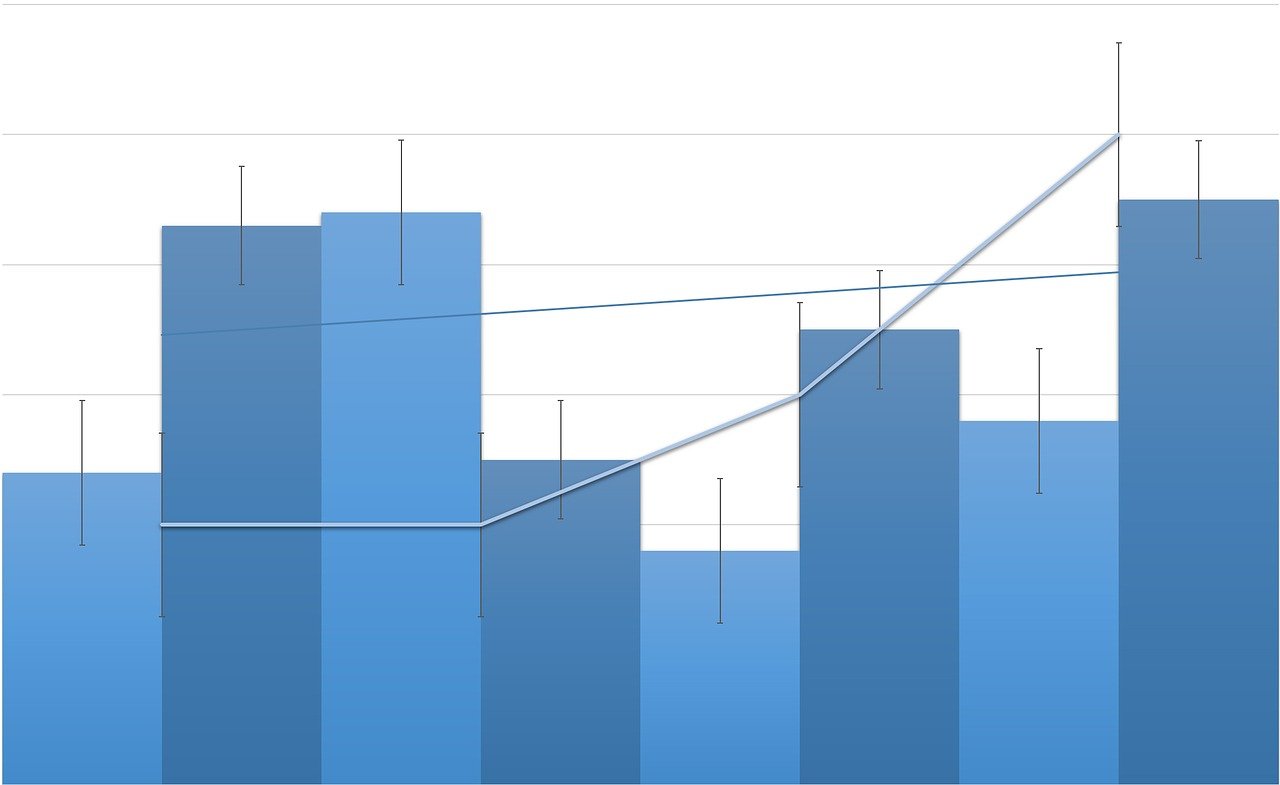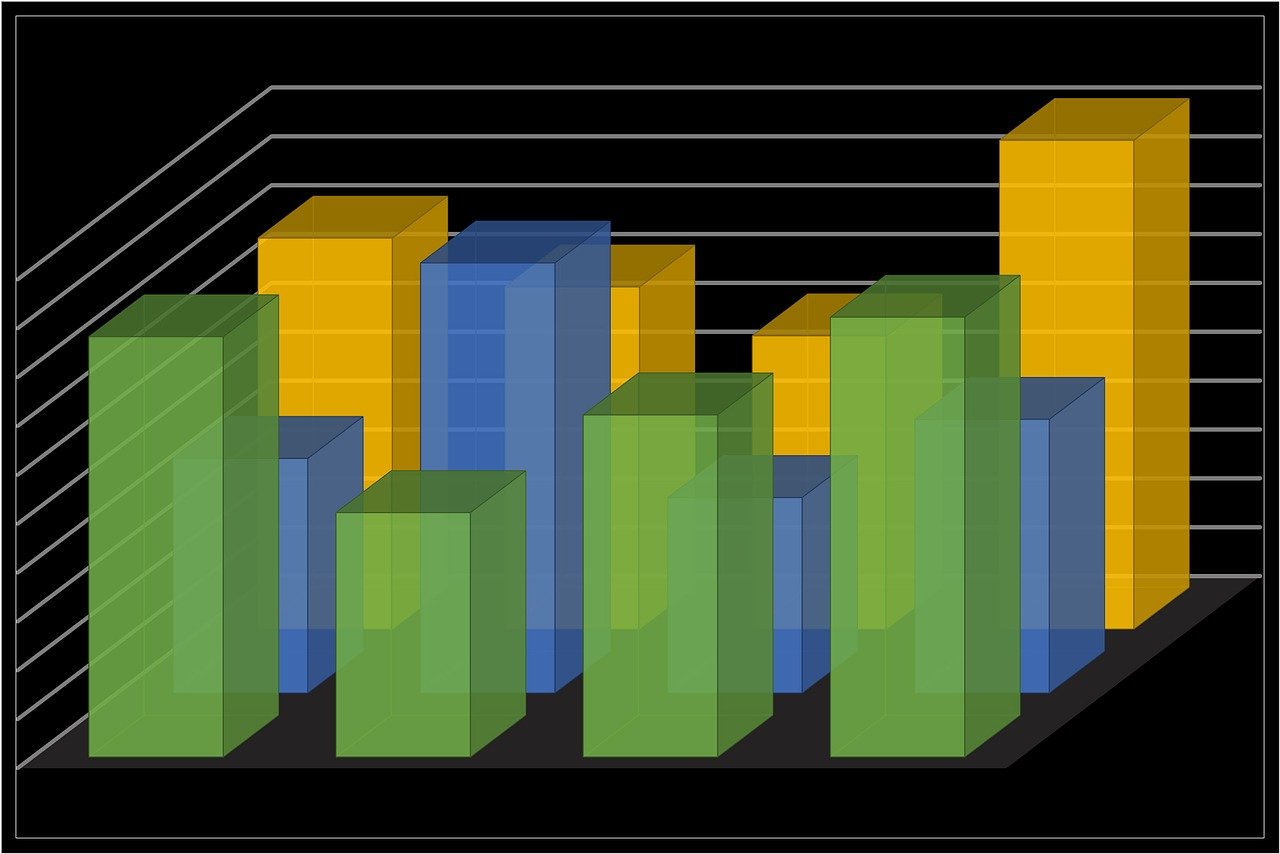Updated: 15/05/2024
Are you eagerly awaiting news of a potential drop in mortgage rates in the UK? Today we will explore will mortgage rates in the UK drop in 2024, and why there might be the possibility of mortgage rates experiencing a downward trend in the UK during that time.
With the current economic climate and various factors at play, there is a chance that homeowners and prospective buyers could benefit from more affordable mortgage options. So, hold onto your hats as we uncover the potential for lower mortgage rates in the UK come 2024.

Current Mortgage Rates in the UK
Overview of current mortgage rates
In the UK, the current mortgage rates vary depending on several factors. As of now, the average interest rate for a 30-year fixed-rate mortgage is around 2.58%, while the average rate for a 15-year fixed-rate mortgage is approximately 2.03%. These rates are relatively low compared to previous years and have been influenced by various economic factors and government policies.
Factors affecting mortgage rates
Several factors can influence mortgage rates in the UK. One significant factor is the state of the national economy. When the economy is strong and stable, mortgage rates tend to be lower as lenders have more confidence in borrowers’ ability to repay their loans. On the other hand, during economic downturns or periods of uncertainty, lenders may increase rates to mitigate risk.
Another factor that affects mortgage rates is inflation. Inflation erodes the value of money over time, so lenders often adjust their interest rates to accommodate for this loss. Additionally, global market trends play a role in mortgage rates. If there is instability in global financial markets, lenders may increase rates to safeguard against potential risks.
Comparison of rates from different lenders
In the UK, there are various lenders offering mortgage loans, and their rates can vary. It is essential for borrowers to compare rates from different lenders to ensure they are getting the most competitive deal. Online comparison tools and mortgage brokers can help borrowers explore different options and find the lender with the best rates for their individual circumstances.
Factors That Could Influence Mortgage Rates in 2024
Economic conditions
The state of the UK economy in 2024 will play a crucial role in determining mortgage rates. Factors such as GDP growth, employment rates, and overall economic stability will affect lenders’ risk assessments and interest rate decisions. If the economy continues to recover and thrive, it is possible that mortgage rates will remain favourable for borrowers.
Government policies
Government policies can have a significant impact on mortgage rates. For instance, the Bank of England’s monetary policy decisions, including changes in the base interest rate, can cause a ripple effect on mortgage rates. Additionally, government initiatives aimed at stimulating the housing market or easing lending criteria can influence rates.
Inflation rates
Inflation rates are closely tied to mortgage rates. If inflation increases in 2024, lenders may raise interest rates to keep up with the rising cost of living. On the other hand, if inflation remains low or stable, mortgage rates are likely to stay relatively unchanged.
Global market trends
Global market trends, such as shifts in the global economy or geopolitical events, can impact mortgage rates in the UK. Uncertainty or instability in global financial markets may lead lenders to increase rates to offset potential risks. It is essential for borrowers to stay informed about global trends and their potential impact on mortgage rates in the UK.
Expert Predictions for 2024
Insights from industry experts
Industry experts are constantly monitoring market trends and economic indicators to make predictions about future mortgage rates. While no one can predict with absolute certainty what will happen in 2024, experts provide valuable insights based on their analysis and expertise. Many experts anticipate that mortgage rates will remain relatively stable in the near future, particularly if the economy continues to recover from the impacts of the COVID-19 pandemic.
Forecasts from financial institutions
Financial institutions also provide forecasts for future mortgage rates based on their research and analysis. These institutions analyse economic data, market trends, and historical patterns to make their predictions. While their forecasts may vary, they generally provide borrowers with an idea of what to expect in terms of mortgage rates in the coming years.
Historical trends and analysis
Examining historical trends and analysis can also provide valuable insights into future mortgage rates. By analysing patterns from previous years, experts can identify trends and make informed predictions about what might happen in 2024. However, it is essential to remember that historical trends are not definitive indicators of future rates, as market conditions and other factors may change.
Impact of Brexit on Mortgage Rates
Overview of Brexit and its effects on the economy
Brexit refers to the withdrawal of the United Kingdom from the European Union. Since the Brexit referendum in 2016, the UK has experienced various economic effects. The uncertainty surrounding the Brexit process and its impact on trade, regulations, and immigration has influenced the economy in different ways.
How Brexit could impact mortgage rates
Brexit has the potential to impact mortgage rates in the UK. The outcome of trade negotiations, changes in regulations, and the overall economic impact of Brexit may influence lenders’ risk assessments and interest rate decisions. If Brexit leads to economic instability or contraction, lenders may increase rates to mitigate potential risks. However, if the post-Brexit period brings stability and renewed economic growth, mortgage rates could remain favourable.
Opinions from economists and analysts
Economists and analysts have varying opinions on how Brexit will impact mortgage rates. Some believe that the uncertainty surrounding Brexit will lead to higher rates, reflecting lenders’ cautious approach. Others argue that the UK’s ability to forge new trade agreements and adapt to the new landscape could result in a positive economic outlook and favourable mortgage rates.

Risks and Uncertainties
Unforeseen events that could affect mortgage rates
Various unforeseen events can potentially impact mortgage rates in 2024. Natural disasters, economic crises, or even geopolitical conflicts can create volatility in financial markets, leading to changes in interest rates. It is crucial for borrowers to understand that unexpected events can influence mortgage rates, and staying informed about current events is essential for making informed decisions.
Possible risks to consider
Some possible risks to consider when analysing mortgage rates in 2024 include potential housing market bubbles, changes in government policies, and shifts in global economic conditions. These risks could cause lenders to adjust their rates, either to mitigate risks or respond to changing market dynamics.
How geopolitical factors might impact rates
Geopolitical factors, such as trade disputes, political instability, or international conflicts, can have an impact on mortgage rates. Uncertainty in international relations can cause investors to seek safer assets, leading to increased demand for government bonds and, in turn, higher mortgage rates. It is important for borrowers to monitor geopolitical developments and consider their potential influence on mortgage rates.
Government Policies and Initiatives
The UK government has implemented several policies and initiatives to support the housing market and influence mortgage rates. For example, the Help to Buy scheme and various stamp duty regulations have aimed to stimulate demand for housing and make homeownership more accessible. These policies can indirectly affect mortgage rates by influencing the overall demand for mortgages and housing.
Potential changes in policies
Future changes in government policies could impact both the housing market and mortgage rates. Political decisions regarding housing affordability, lending regulations, and taxes could have a significant effect on interest rates. It is essential for borrowers to stay informed about potential policy changes and their potential impact on mortgage rates.
Impact of government initiatives on rates
Government initiatives can influence mortgage rates by shaping the overall demand for housing and mortgages. For instance, if the government introduces new incentives to promote homeownership, it could lead to increased demand for mortgages and potentially higher interest rates. On the other hand, initiatives that focus on affordability and housing market stability may help keep rates relatively stable.

Role of the Bank of England
The Bank of England’s influence on mortgage rates
The Bank of England plays a vital role in determining mortgage rates in the UK. Through its monetary policy decisions, such as changes in the base interest rate, the Bank of England can directly impact the cost of borrowing for lenders. Higher interest rates set by the central bank can result in increased mortgage rates, while lower rates can lead to more affordable borrowing.
Monetary policy decisions and their impact
The Bank of England’s monetary policy decisions are based on various economic indicators and assessments of the national economy. Factors such as inflation, employment rates, and economic growth are considered when setting interest rates. These decisions can have a direct impact on mortgage rates, as lenders often adjust their rates in response to changes in the base interest rate.
Expectations for future actions
It is challenging to predict the exact future actions of the Bank of England. However, it is anticipated that the Bank will continue to closely monitor economic conditions and adjust interest rates accordingly. Given the current climate of economic recovery, it is possible that the Bank may maintain relatively low interest rates to support the housing market and overall economic growth.
Effect of Inflation Rates on Mortgage Rates
Relationship between inflation and interest rates
There is a relationship between inflation rates and mortgage rates. When inflation increases, the purchasing power of money decreases, leading lenders to adjust their interest rates to compensate for the loss. Higher inflation rates often result in higher mortgage rates, while lower inflation rates can lead to more favourable borrowing costs.
Historical correlation and analysis
Historical data shows a correlation between inflation rates and mortgage rates. During periods of high inflation, interest rates have tended to be higher. Conversely, when inflation has been low, mortgage rates have generally been more favourable. Analysing historical trends can provide borrowers with insights into how inflation rates may impact mortgage rates in 2024.
Forecasts for inflation rates in 2024
While it is challenging to make precise predictions about future inflation rates, economists and financial institutions provide forecasts based on economic data and trends. These forecasts can help borrowers gauge the potential impact of inflation on mortgage rates. It is important to consider multiple forecasts and understand the underlying assumptions and uncertainties when assessing potential future inflation rates.
Demand for Mortgages and Housing Market
Current mortgage demand and housing market conditions
The current demand for mortgages and the state of the housing market can influence mortgage rates. Increased demand for mortgages often leads to higher rates, as lenders need to manage the risk associated with increased lending. Similarly, a strong housing market, characterised by high demand and rising prices, can contribute to higher mortgage rates.
Effects on interest rates
Increased demand for mortgages can lead to higher interest rates, as lenders may need to attract more funding to fulfil loan demand. A strong housing market can also contribute to higher rates, as rising property values increase the perceived risk for lenders. However, a balanced and stable housing market with steady demand may help maintain relatively stable mortgage rates.
Outlook for 2024
The outlook for 2024 in terms of mortgage demand and the housing market is uncertain. Various factors, including economic conditions, government policies, and market dynamics, will influence the outlook. It is essential for borrowers to stay informed about market trends and seek professional advice to understand the potential impact of housing market conditions on mortgage rates.
Will Mortgage Rates In The UK Drop In 2024
In conclusion, mortgage rates in the UK are influenced by a multitude of factors, including economic conditions, government policies, inflation rates, and global market trends. While experts provide insights and forecasts, the future of mortgage rates in 2024 remains uncertain due to unforeseen events and potential risks.
The impact of Brexit on rates is also subject to debate among economists and analysts. It is critical for borrowers to stay informed about current events, monitor market trends, and consider their individual circumstances when making decisions about mortgages.
By staying informed and seeking professional advice, borrowers can navigate the mortgage market effectively in 2024.

